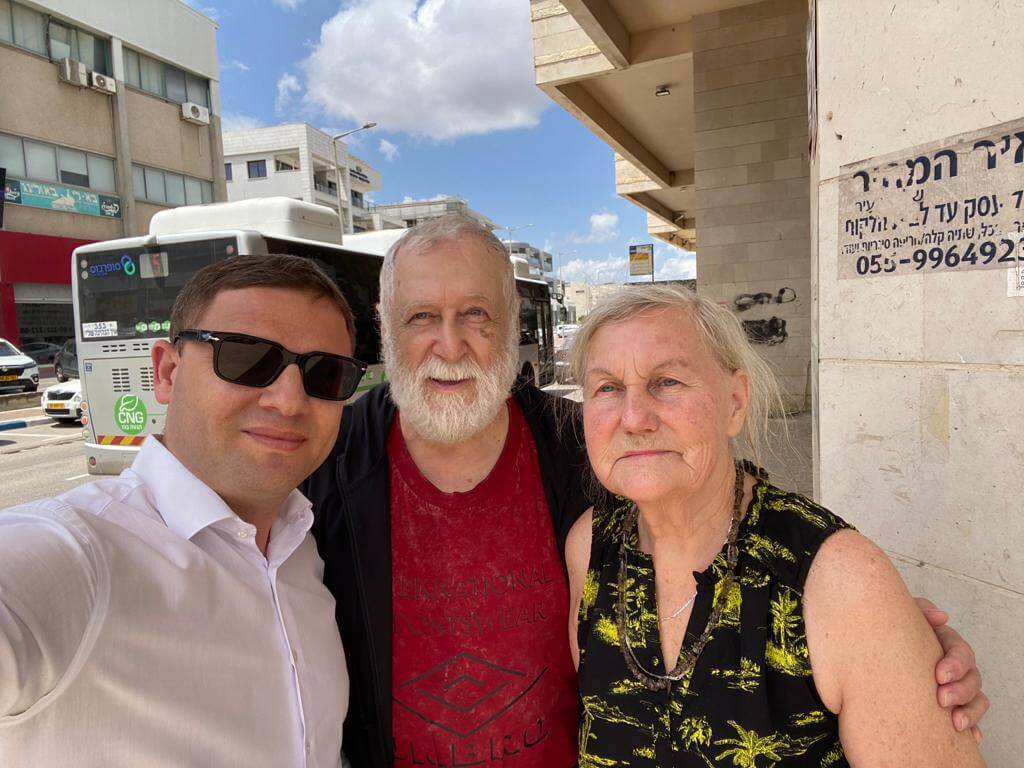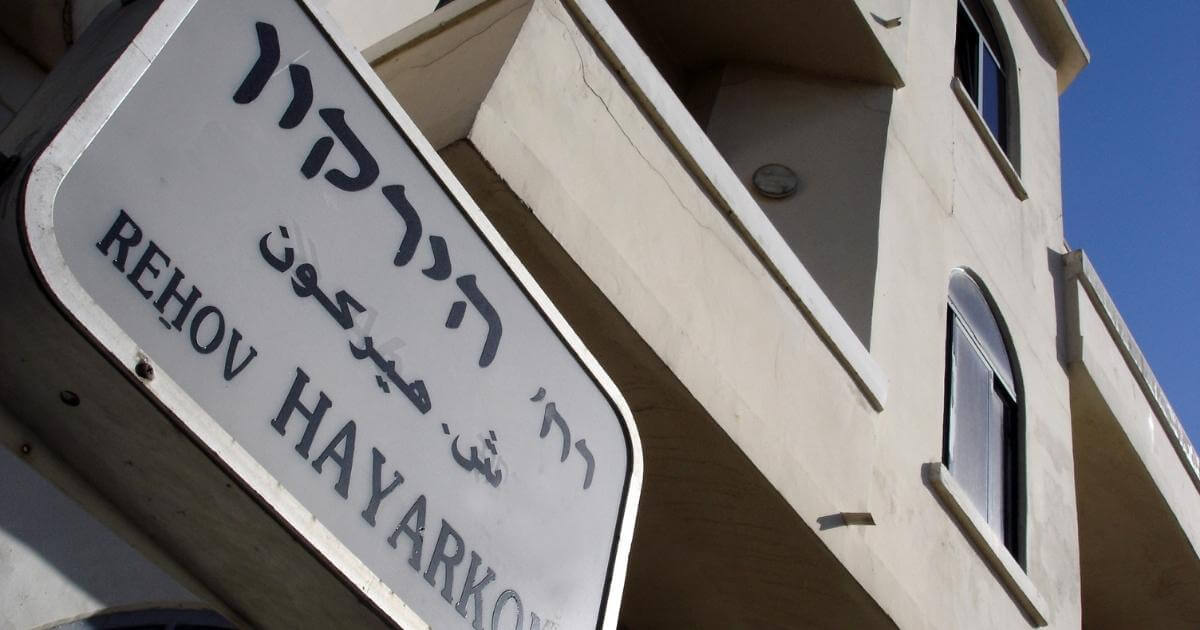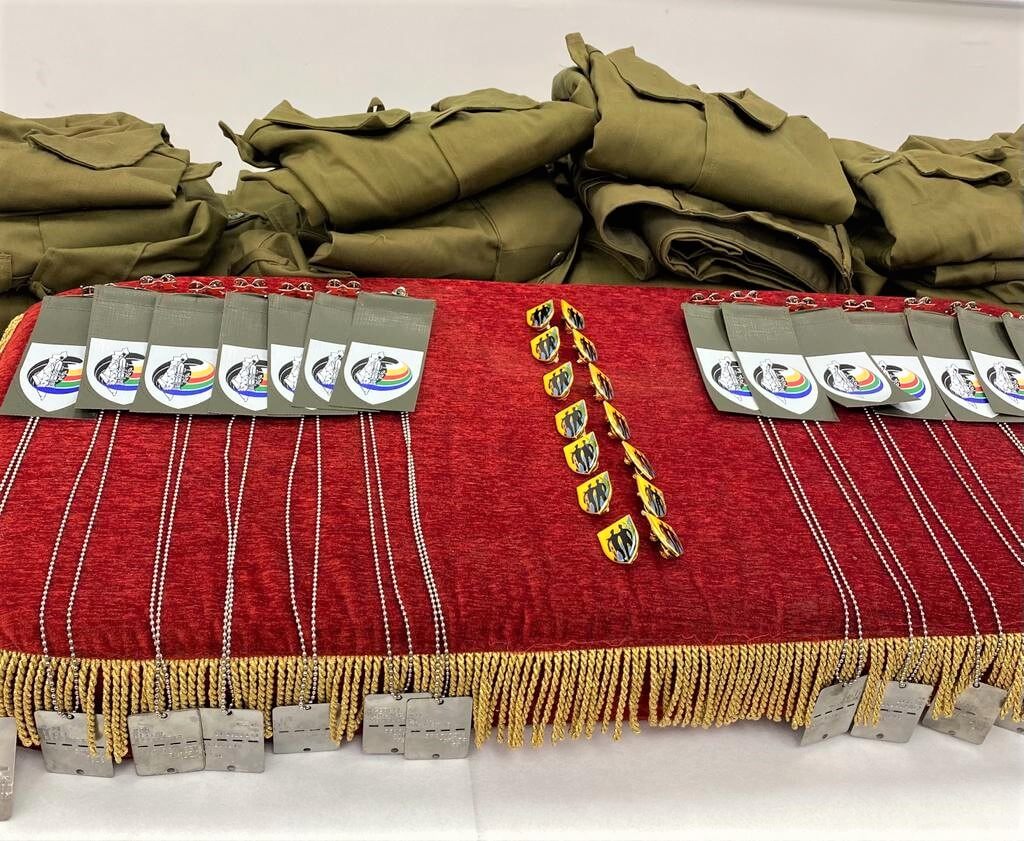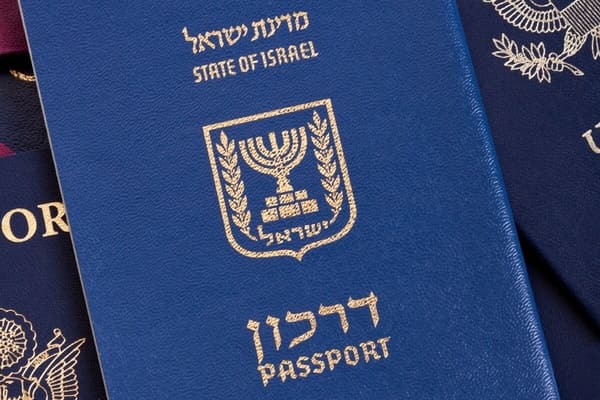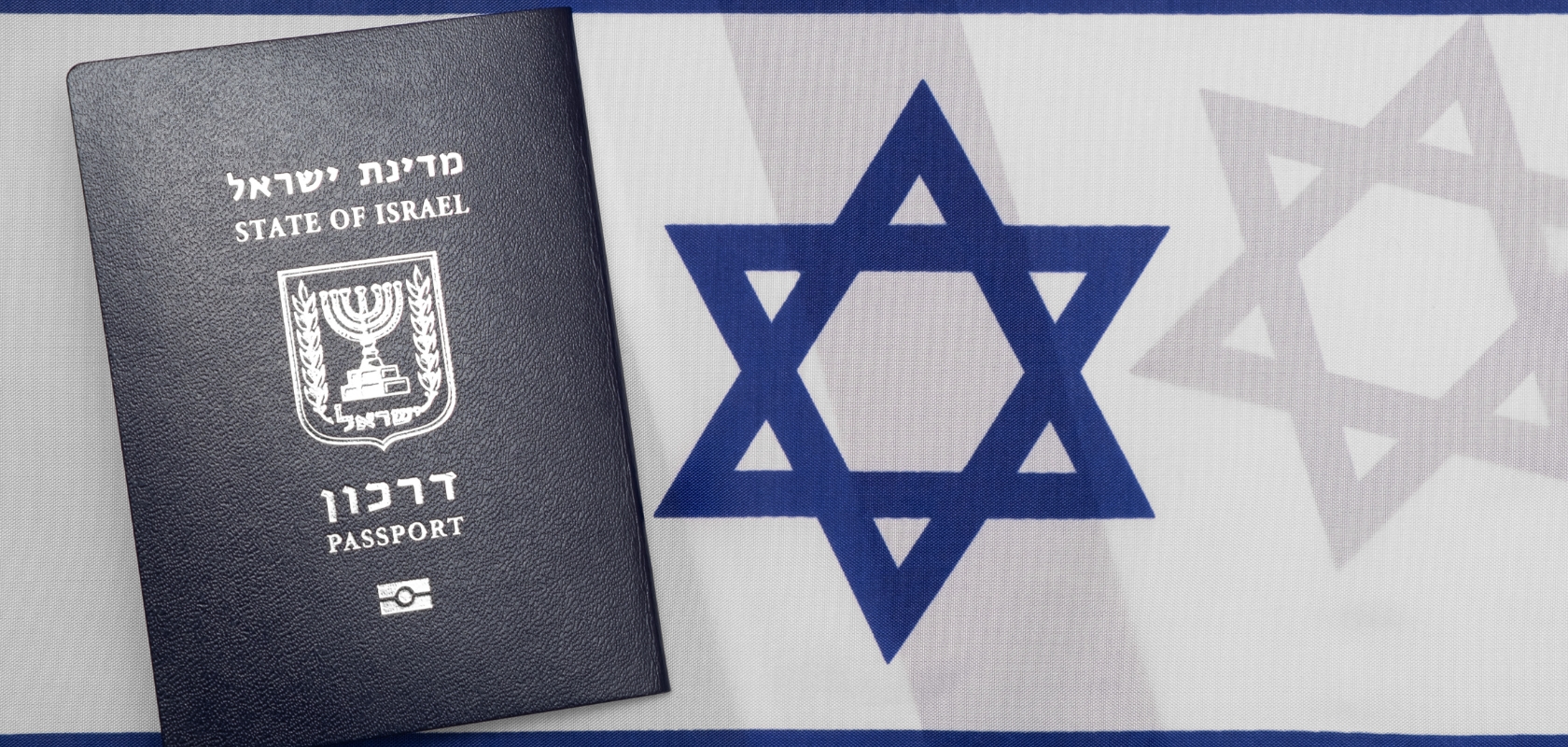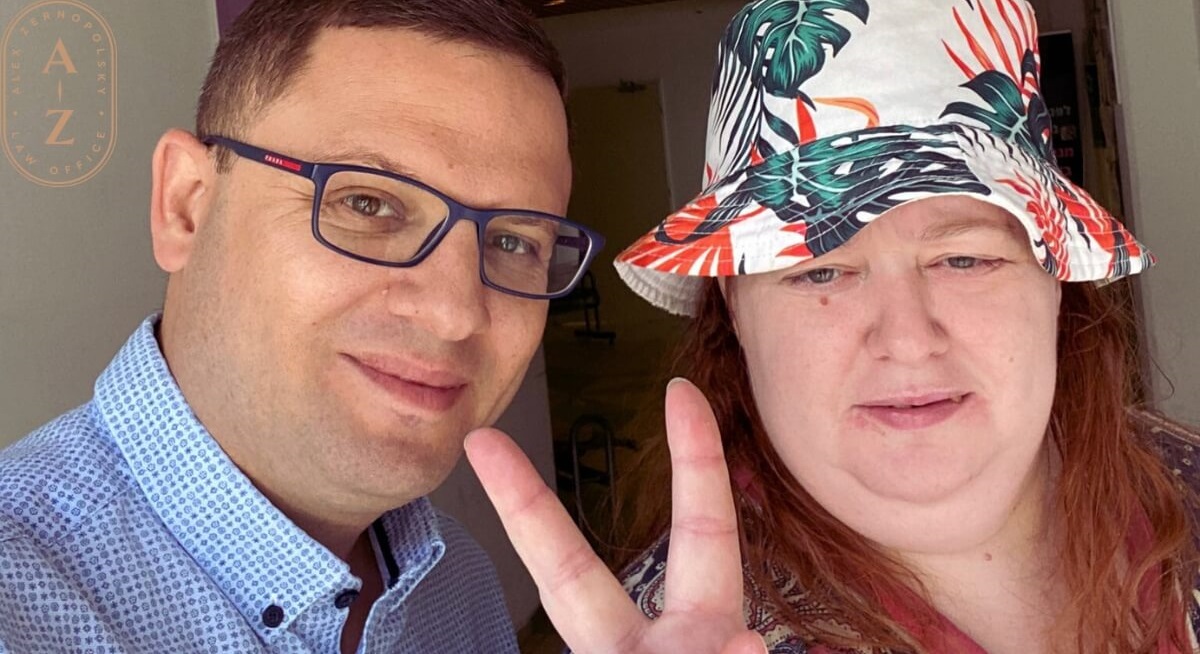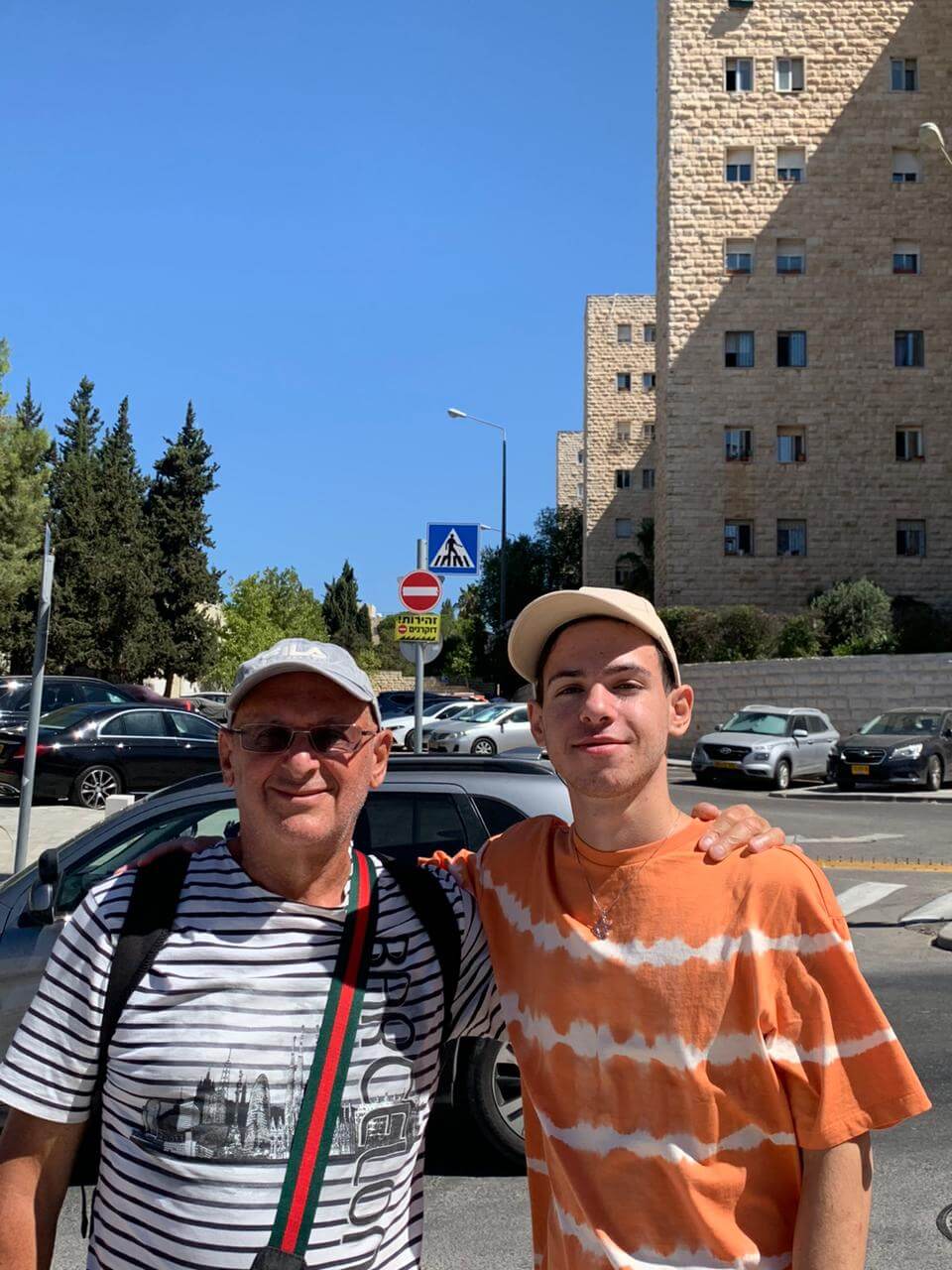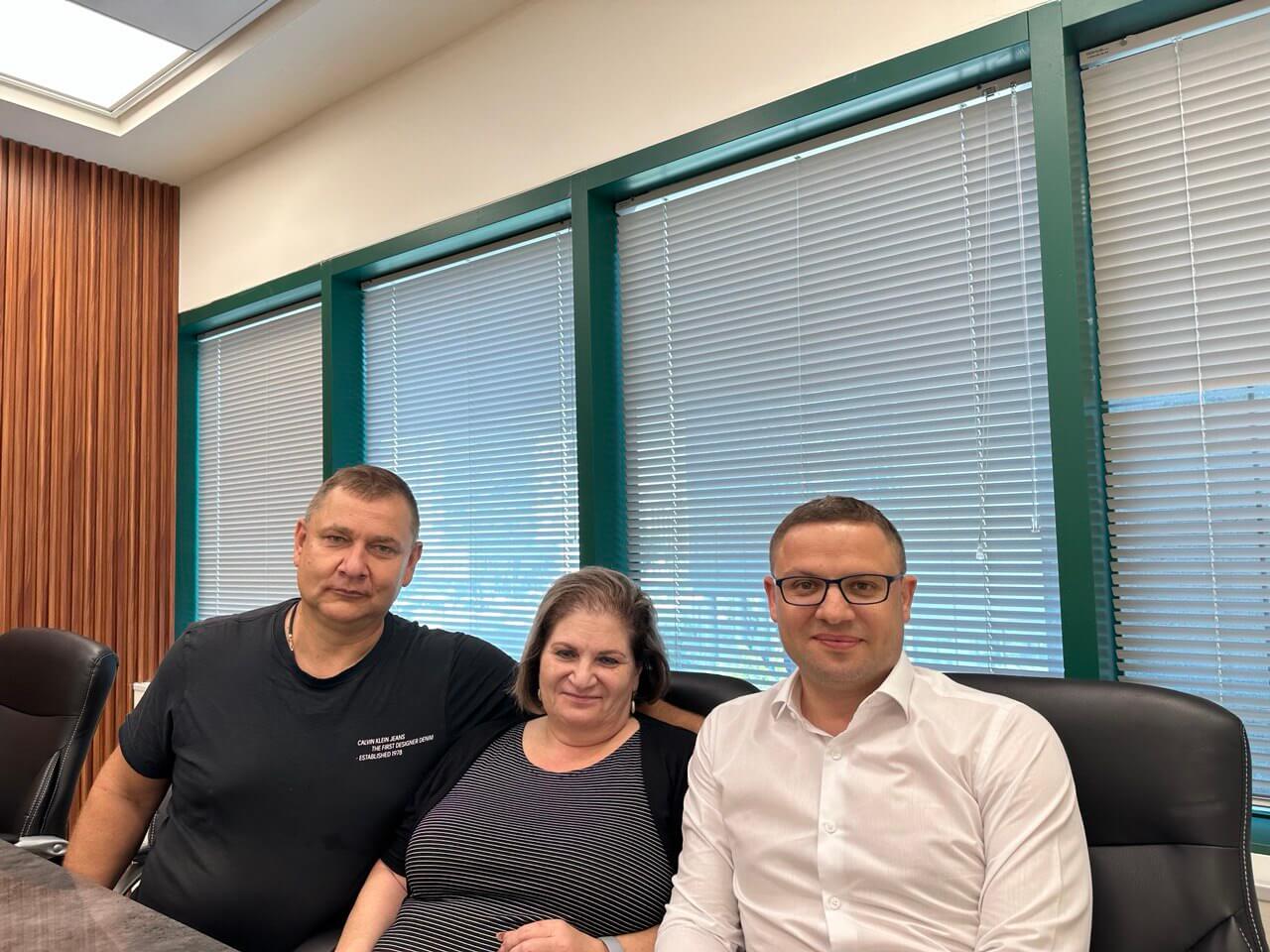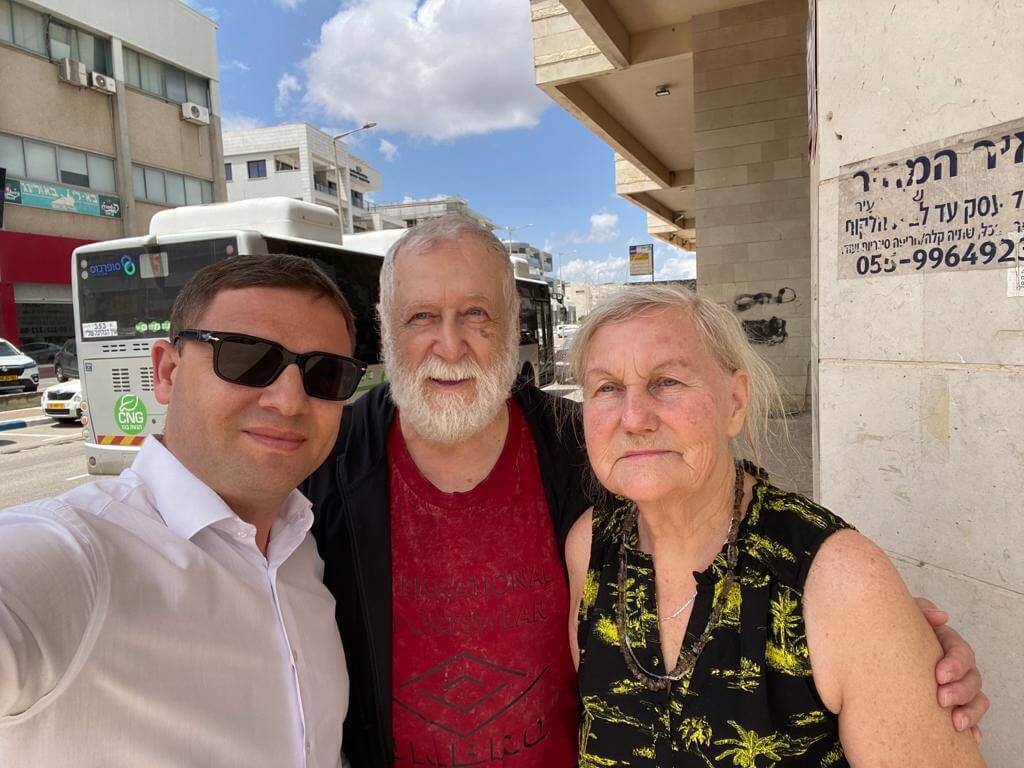Such cases are commonly referred to as ‘complex cases’. And, of course, we have quite a few similar cases in our practice. One of them concluded successfully last week.
Pensioner Mikhail and his wife decided to make Aliyah. They had been planning for a long time, as almost all their relatives had moved to Israel, and in the spring of 2022, the couple was ready to relocate the center of their life to a beautiful green city in the north of the Country.
They arrived through emergency repatriation, with their Jewish status documents in perfect order, except for one ‘but’: about 20 years ago, Mikhail was convicted and served a sentence for an economic crime. He had previously applied to the consulate in his country of origin and was denied. But he thought that in Israel, they would surely sort it out and everything would be fine. However, the consul again refused and directed Mikhail to the Ministry of Interior (MOI).
Mikhail’s case ended up in the Jerusalem MOI repatriation department, known for its sluggishness. Time passed, there was no answer, and the family was in a tourist status, with uncertain prospects.
According to the Law of Return, individuals with a criminal past and who pose a threat to the security of Israeli society are deprived of the right to repatriation. On their own, without legal support, this process can take years and in more than 90% of cases ends in refusal.
It is important to understand that the term ‘criminal past’, from the perspective of Israeli authorities (MOI and Nativ), includes not only cases where a person was convicted or subjected to criminal prosecution, but even when a criminal case was terminated on any grounds.
Mikhail decided to act, and that’s how we met. After our office filed the first appeal to the District Court, 75-year-old Mikhail and his wife received a temporary residence permit and the opportunity to obtain such important medical insurance for the elderly.
But the MOI stubbornly continued to deny the right to repatriation. In such situations, it is important to take the initiative, not counting on the MOI’s mercy. We filed an appeal against the MOI’s decision and, after waiting 2 months without a decision, again went to the District Court. This time the MOI accepted our arguments, which proved that Mikhail does not pose a potential danger to the Country, and as a result, the family’s right to repatriation was restored, permanent identity cards were obtained, as well as payments and benefits for new repatriates.
